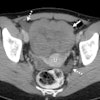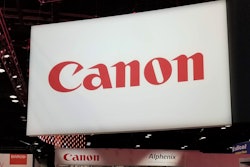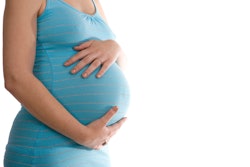Photon-counting CT (PCCT) effectively visualizes pulmonary embolism (PE) and reduces radiation dose by 48% compared with traditional CT, according to research presented November 27 at the RSNA meeting.
"[PCCT] ensures confident depiction of acute PE with spectral imaging available at low radiation dose in all patient categories," said presenter Martine Remy-Jardin, MD, PhD, of the University Centre of Lille in France.
Remy-Jardin and colleagues conducted a study that compared performance of traditional CT to PCCT for diagnosing acute PE. The research included a group of patients referred for suspicion of acute pulmonary embolism who underwent a chest CT angiographic (CTA) exam with a traditional CT system (158 patients) and a second group that underwent CTA with a PCCT device (172 patients).
Group 1 patients underwent the exam with one of two scanning options depending on their respiratory status: a dual-energy protocol when a six-second breath hold was possible (Group 1a, 105 individuals), or a high-pitch, single-energy protocol when the patient was short of breath (Group 1b, 53 individuals). All patients in Group 2 were scanned with a multienergy protocol.
| Performance comparison of traditional CT to PCCT for diagnosing acute pulmonary embolism | |||
|---|---|---|---|
| Measure | Group 1 (dual-energy protocol) | Group 2 (multienergy protocol) | Percent reduction |
| Acquisition time | 4 seconds | 0.9 seconds | -77.5% |
| Mean CT dose index-volume (CTDIvol) | 9.5 mGy | 5.1 mGy | -46.3% |
| Median DLP | 323.4 mGy.cm | 169 mGy.cm | -47.7% |
| Proportion of examinations with no cardiogenic motion artifacts | 153 | 30 | -28.6% |
Acute PE was identified in 16 patients in Group 1a (15%), 14 patients in Group 1b (26%), and 21 patients in Group 2 (12%), Remy-Jardin reported. She and her colleagues also found the following:
The study findings confirm the benefit of using PCCT for diagnosing acute PE, Remy-Jardin concluded.
"[Compared with traditional CT, PCCT] maintains high diagnostic value … [and shows] considerable radiation dose reduction of 48%," she said.




















